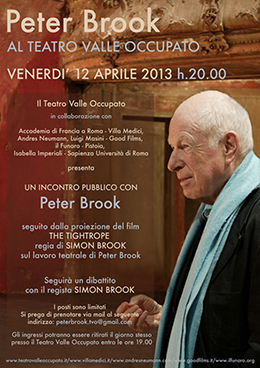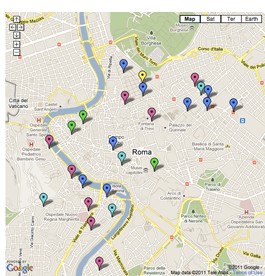'If' and 'when' conditions
The first conditional expresses the relationship between a hypothetical and probable condition, and its result. It’s a mistake to think of this construction as either present or future, since it is simply a condition.
English expresses the condition in the Present and (correct) Italian in the Future, but both are the result of linguistic evolution not logic. In the other conditionals the condition-part is expressed using the Subjunctive in both languages, since both take their cue from Latin. Symmetry would lead us to expect that also in the 1st conditional the form would be in the Subjunctive and would descend from Latin. The problem is that Latin expressed this form using a Future Subjunctive, which modern European languages don’t have. It Italian it mutated into an indicative future, while in English it became first a Present Subjunctive then a Simple Present.


